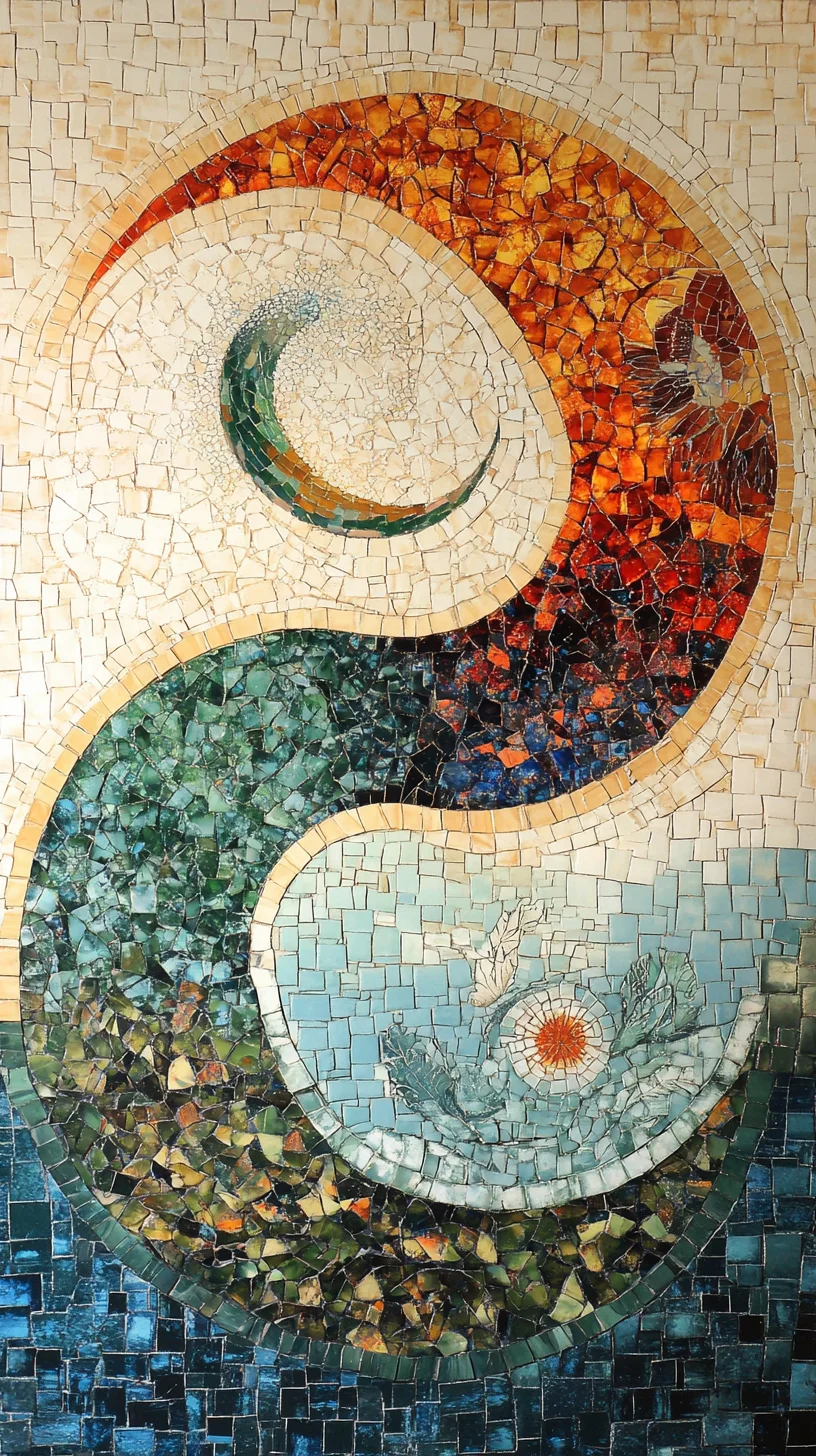In the vast expanse of human inquiry, the quest for knowledge stands as one of the most enduring and perplexing endeavors. As we navigate the labyrinthine corridors of epistemology, we find ourselves confronted with a series of profound questions: How do we acquire knowledge? What constitutes true knowledge? And how do contemporary scientific insights reshape our understanding of these age-old dilemmas? This journey through the realms of rationalism, empiricism, and beyond seeks to illuminate the path toward a deeper comprehension of knowledge's essence.
The Rationalist's Vision: The Mind as the Source of Truth
Our exploration begins with rationalism, a philosophical stance that places the mind at the forefront of knowledge acquisition. Rationalists, such as René Descartes and Baruch Spinoza, argue that certain truths are innate and can be discerned through reason alone. Descartes' famous declaration, "Cogito, ergo sum" ("I think, therefore I am"), encapsulates this belief in the primacy of rational thought. For rationalists, the mind possesses an inherent capacity to grasp fundamental truths about the universe, independent of sensory experience.
Consider the realm of mathematics, where rationalists find their strongest foothold. The truths of geometry and algebra, they argue, are not derived from empirical observation but rather from the mind's ability to reason logically. The Pythagorean theorem, for instance, is not something we discover through observation; it is a truth that we uncover through the exercise of pure reason.

Yet, the rationalist's vision is not without its challenges. Critics point out that even the most abstract mathematical truths are often validated through practical application, suggesting a more nuanced interplay between reason and experience. Moreover, the rationalist's reliance on innate ideas raises questions about the universality of such knowledge and its accessibility across diverse cultures and cognitive frameworks.
The Empiricist's Counterpoint: The World as Our Teacher
As we venture deeper into the labyrinth, we encounter the empiricists, who offer a starkly different perspective on knowledge acquisition. Empiricists, such as John Locke and David Hume, assert that all knowledge originates from sensory experience. For them, the mind at birth is a tabula rasa, a blank slate upon which the world writes its lessons.
Locke's concept of "simple ideas" illustrates this view. He posits that our understanding of the world begins with basic sensory inputs, such as the color red or the texture of sand. These simple ideas are then combined and processed to form more complex concepts and knowledge. Hume extends this idea further, arguing that even our understanding of causality and the self is rooted in repeated sensory experiences.
Empiricism's strength lies in its grounding in the tangible world. It aligns with the scientific method, which relies on observation, experimentation, and evidence. However, empiricism faces its own set of challenges. The problem of induction, famously articulated by Hume, questions the validity of drawing universal conclusions from limited observations. How can we be certain that the sun will rise tomorrow, based solely on past experiences?

Moreover, empiricism struggles to account for abstract concepts and a priori knowledge, which seem to transcend sensory experience. The debate between rationalism and empiricism thus reveals a tension at the heart of epistemology: the interplay between the mind's innate capacities and the world's sensory inputs.
The Skeptic's Challenge: Can We Truly Know Anything?
As we reach the heart of the labyrinth, we confront the skeptic's challenge, which casts doubt on the very possibility of knowledge. Skeptics, such as Pyrrho and Sextus Empiricus, question the reliability of both reason and sensory experience. They argue that our perceptions are fallible, and our reasoning is prone to error, leading to the unsettling conclusion that we may never truly know anything.
The skeptic's challenge is epitomized in the thought experiment of the "brain in a vat." Imagine a scenario where a brain is kept alive in a vat, fed sensory inputs by a supercomputer that simulates a world indistinguishable from reality. How can we be certain that our own experiences are not similarly fabricated? This radical skepticism forces us to confront the limits of our knowledge and the fragility of our assumptions.
Yet, skepticism also serves as a catalyst for deeper inquiry. By questioning our most fundamental beliefs, it compels us to seek more robust foundations for knowledge. It pushes us to refine our methods of inquiry, to develop more rigorous standards of evidence, and to embrace a stance of intellectual humility.

The Cognitive Revolution: Insights from Modern Science
As we approach the exit of the labyrinth, we find ourselves in the midst of a cognitive revolution, where insights from modern science are reshaping our understanding of knowledge. Cognitive science, neuroscience, and psychology offer new tools and perspectives for exploring the nature of knowledge and its acquisition.
One of the most significant contributions of cognitive science is the concept of embodied cognition, which suggests that our understanding of the world is deeply intertwined with our bodily experiences. This perspective challenges the traditional dichotomy between mind and body, proposing that cognition is not merely a product of abstract reasoning but is grounded in our physical interactions with the environment.
Neuroscience, too, provides valuable insights into the neural mechanisms underlying knowledge acquisition. Studies on neural plasticity reveal how our brains adapt and reorganize in response to new experiences, suggesting a dynamic process of learning and knowledge formation. Moreover, research on memory and perception highlights the constructive nature of knowledge, showing how our brains actively shape and interpret sensory inputs.
Psychology, with its focus on cognitive biases and heuristics, offers a sobering reminder of the fallibility of human reasoning. From confirmation bias to the availability heuristic, these cognitive shortcuts can lead us astray, reinforcing the skeptic's challenge. Yet, by understanding these biases, we can develop strategies to mitigate their impact and enhance our pursuit of knowledge.

Synthesizing the Threads: Toward a Comprehensive Framework
As we emerge from the labyrinth, we find ourselves equipped with a richer, more nuanced understanding of knowledge. The journey through rationalism, empiricism, skepticism, and modern science has revealed a tapestry of insights, each thread contributing to a comprehensive framework for understanding knowledge's essence.
Rationalism reminds us of the mind's capacity for abstract reasoning and the power of innate ideas. Empiricism grounds us in the world of sensory experience, emphasizing the importance of observation and evidence. Skepticism challenges us to question our assumptions and seek more robust foundations for knowledge. And modern science provides new tools and perspectives, illuminating the dynamic, embodied nature of cognition.
In synthesizing these threads, we arrive at a holistic view of knowledge that acknowledges the interplay between reason and experience, the mind and the world, and the individual and the collective. Knowledge, we realize, is not a static entity but a dynamic process, shaped by our interactions with the world and our fellow beings.
This comprehensive framework invites us to embrace a stance of intellectual curiosity and humility. It encourages us to remain open to new insights, to question our assumptions, and to engage in ongoing dialogue with diverse perspectives. In doing so, we not only deepen our understanding of knowledge but also enrich our journey through the ever-evolving landscape of human inquiry.

As we continue to navigate the labyrinth of knowledge, let us carry with us the lessons of this journey: the power of reason, the grounding of experience, the challenge of skepticism, and the insights of modern science. Together, these threads weave a tapestry of understanding that guides us toward the elusive yet rewarding goal of true knowledge.


